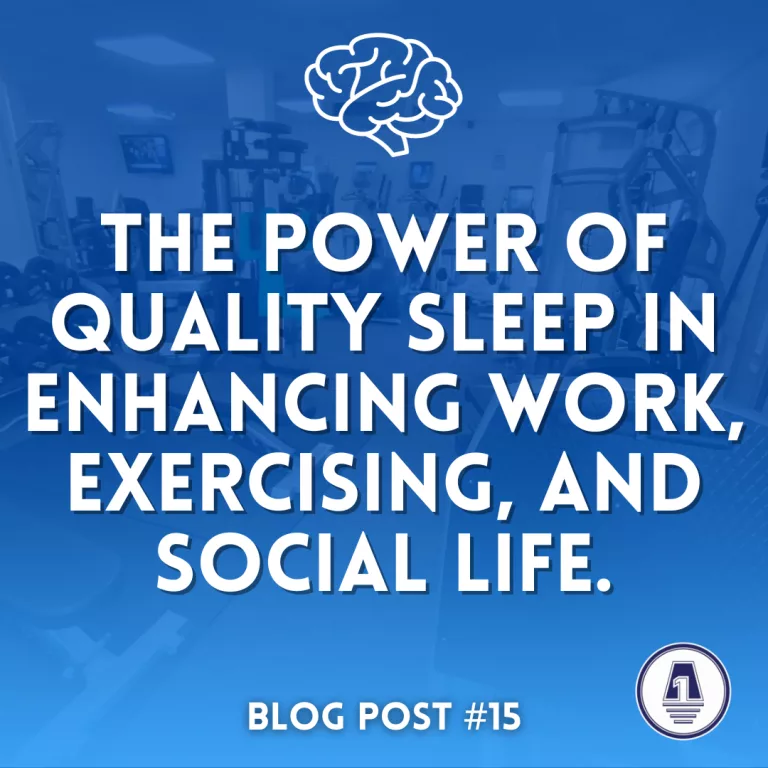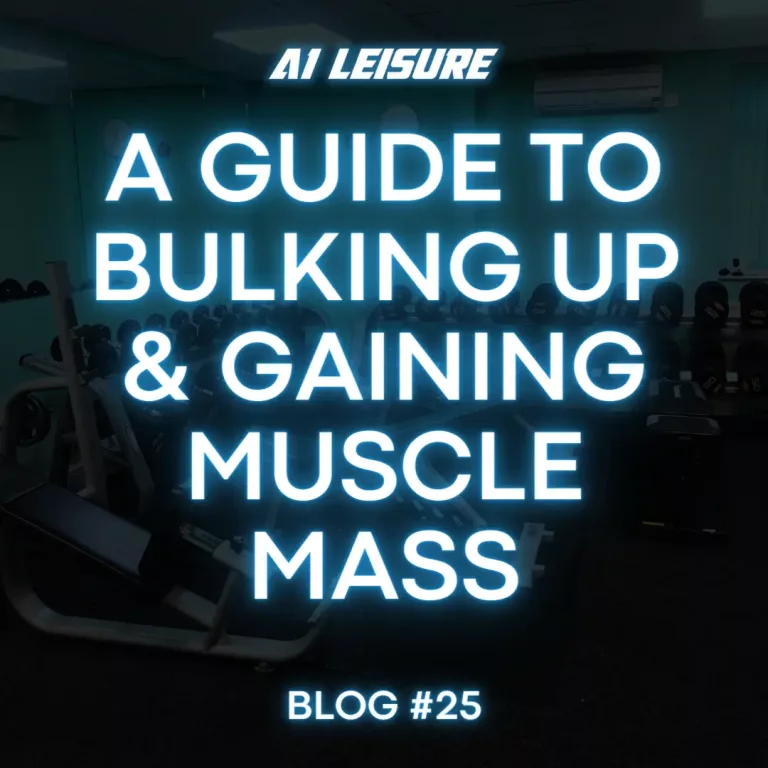In the world of fitness, where the focus often leans heavily on intense workouts, sweat-drenched routines, and pushing one’s limits, there’s a fundamental element that’s sometimes overlooked: rest and recovery. While the drive to constantly challenge ourselves and achieve new fitness goals is admirable, it’s equally crucial to recognise the significance of giving our bodies the time they need to recuperate and regenerate. Let’s delve into why rest and recovery are not just optional luxuries but essential components of any successful fitness journey.
Repair and Growth
Exercise places stress on our muscles, tissues, and joints, causing micro-tears that are a natural part of the muscle-building process. It’s during periods of rest that these micro-tears are repaired, and the muscles rebuild themselves, becoming stronger and more resilient in the process. Without adequate rest, this repair and growth process can be hindered, leading to stagnation or even injury.
Prevention of Overtraining
Pushing too hard without allowing for sufficient recovery can lead to overtraining syndrome, a condition characterised by fatigue, decreased performance, persistent muscle soreness, and even mood disturbances. Overtraining not only stalls progress but can also increase the risk of injury and burnout, ultimately derailing your fitness journey altogether. Incorporating rest days into your routine helps prevent overtraining, allowing your body and mind to recharge and reset.
Injury Prevention
Rest and recovery play a crucial role in injury prevention. Continuous stress on the body without adequate rest can lead to overuse injuries such as stress fractures, tendinitis, and muscle strains. By allowing for proper rest periods, you give your body the opportunity to repair and strengthen itself, reducing the likelihood of injury and keeping you in the game for the long haul.
Optimal Performance
Contrary to popular belief, more is not always better when it comes to exercise. In fact, excessive training without adequate rest can actually hinder performance rather than enhance it. Rest days give your body the chance to replenish glycogen stores, repair damaged tissues, and restore energy levels, ensuring that you can perform at your best when it counts.
Enhanced Mental Well-being
Rest and recovery aren’t just about physical recuperation; they’re also vital for mental well-being. Intense workouts and demanding training schedules can take a toll on your mental health, leading to feelings of fatigue, irritability, and burnout. Incorporating rest days into your routine allows you to step back, relax, and recharge both physically and mentally, fostering a healthier relationship with exercise and preventing the dreaded exercise burnout.
Finding the Balance
Finding the right balance between training and rest is key to optimizing your fitness journey. While it’s essential to challenge yourself and push your limits, it’s equally important to listen to your body and give it the rest it needs to thrive. This might mean incorporating regular rest days into your schedule, taking deload weeks to reduce training volume, or simply listening to your body’s cues and adjusting your intensity accordingly.
–
In a culture that often glorifies the “no pain, no gain” mentality, it’s easy to overlook the importance of rest and recovery in fitness. However, prioritizing rest is not a sign of weakness but rather a strategic approach to optimizing performance, preventing injury, and promoting long-term health and well-being. So, the next time you find yourself tempted to push through fatigue or skip that rest day, remember that rest is not a luxury but a necessity on the journey to becoming the best version of yourself, both inside and outside the gym.






